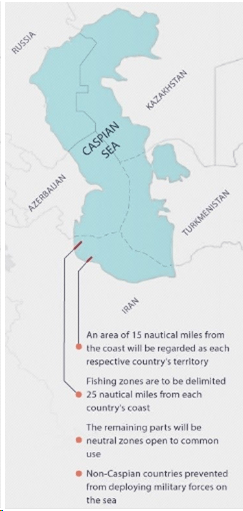The Nevada Advisory Committee on Participatory Democracy is a panel aimed at boosting civic engagement across the state.
Carson City, Aug.29.– Sometimes, fancy new voting machines and layers upon layers of encryption aren’t enough to fend of cybersecurity threats to American elections.
Sometimes, people are the problem
“People can often be the weakest link when it comes to security,” Wayne Thorley, Nevada’s deputy secretary of state over elections, said Wednesday during a presentation on election security to the Nevada Advisory Committee on Participatory Democracy, a panel aimed at boosting civic engagement across the state.
- Hits: 5069


